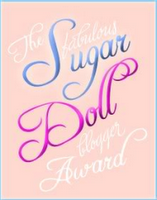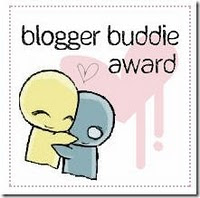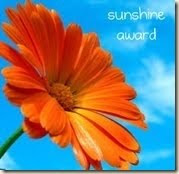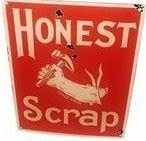Publisher: Rex Collings
Year of Publication: 1972
# of chapters: 50 (4 parts)
# of pages: 484
Genre: Adventure
Website:
en.wikipedia.org/wiki/Watership_Down
Plot summary (from Wikipedia):
Watership Down is a classic adventure novel, written by English author Richard Adams, published by Rex Collings Ltd of London in 1972. Set in south-central England, the story features a small group of rabbits. Although they live in their natural environment, they are anthropomorphised, possessing their own culture, language (Lapine), proverbs, poetry, and mythology. Evoking epic themes, the novel follows the rabbits as they escape the destruction of their warren and seek a place to establish a new home, encountering perils and temptations along the way.
Sequel: Tales from Watership Down (1996)
Positive Points
This book reminds me of Animal Farm in some ways, but with much cuter characters. Its length and vocabulary, along with the political models depicted in this book, make it more of an adult book than a children's book. But the story is about a bunch of bunnies going on an adventure, so it could also appeal to children. I guess back in 1972 when it was written, there was no such thing as children's novels. There were just novels. I found it in the Young Adult section of my library.
This book was written with an omniscient POV, which was popular back then. The narrator knows everything there is to know about every character, and even things they themselves don't know. It works well for this type of story.
I can understand why this is a classic. The story is very well written, the characters are endearing (especially Fiver, my favorite), and chapters end with a cliffhanger to keep you turning the page. I became very attached to this bunch of rabbits, and I hoped they would all be safe and settle in a peaceful warren in the end.
The rabbit vocabulary was a bit annoying. I had to keep checking the glossary to find out what the words meant. For example, pfeffa means a cat. I must admit that it did add to the story in some way, having the rabbits speak "Lapine," but couldn't they just use regular, English words? It seemed overly complicated to me to have so many words in a language nobody knows. A few would have been enough.
There is a little quote at the beginning of each chapter (and there are many, many chapters). They distracted from the story and were difficult to understand at times. These quotes don't mean much out of context.
What makes this book unique
Not many stories are written from the point of view of rabbits. Their way of thinking is simple, yet they have their own political systems. I could analyze what each system represents in our real world, but I'm not into politics so much. I don't want to work that hard when I read a novel.
Overall Impression
The book was a bit lengthy, but it kept me interested throughout. Cute story, with some depth and character growth and a lot of action. What is there not to love?
My Rating:
Thinking of purchasing this book? I'll make it easy for you:









































1 comment:
Wow! Such a classic story and less stars than my book! That's just awesome :) That sold millions, and I've sold a few haha!! Where's the justice?
I'm glad you read this story, Annie :)
Post a Comment